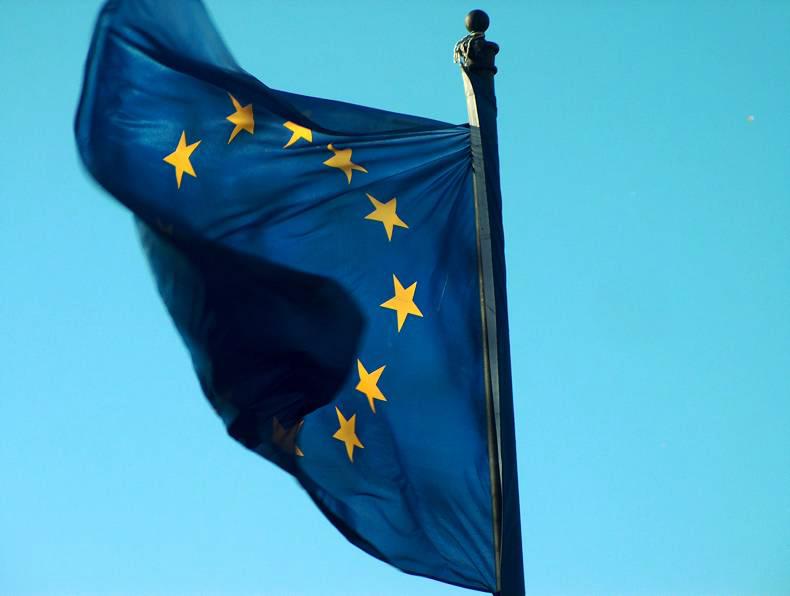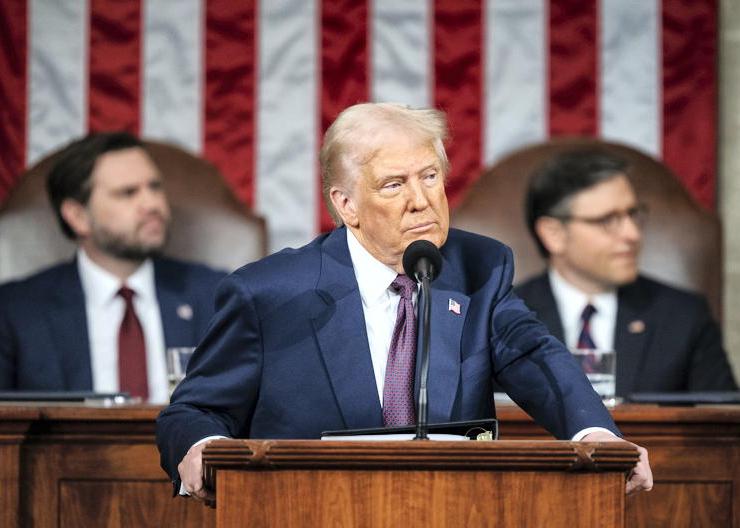On Monday the Greek government deferred submission of its interim reform proposals to Tuesday amid media speculation that the Syriza-led government had backed off most of its pre-election promises.
Greece was apparently threatened again over the weekend with the withdrawal of ECB liquidity support to its banks which, not surprisingly, are experiencing deposit withdrawals. The banks may have to suspend payments if the threat is carried out, thus crippling what is left of the Greek economy.
At the time of writing, neither the reform proposals nor the reaction of eurozone finance ministers are to hand. The game of chicken could end suddenly with capitulation by one side or the other, or it could drag out for another week or two.
Economic dislocation
The Greeks have rather more in the way of cards to play than meets the eye. If its banks go down and there are capital controls, Greece will in practice have left the euro. A euro in a Greek bank will no longer be worth a euro in a French or Italian bank. This would be a disaster for Greece in the short-term. In the longer term the economy might recover, but the immediate impact would be chaos and economic dislocation.
But it would also be a really bad outcome for the eurozone. The financial markets would conclude that the eurozone is not a full monetary union and that there could be other exits. They will start looking for the next weak link and could find it, for the sake of argument, in Portugal. There are other candidates, including Ireland. Portuguese bond prices would crash, Portugal would struggle to finance itself and would turn again to official lenders and more late-Friday crisis meetings in Brussels.
This is the nightmare European politicians will visit upon the single currency if they play too tough with Greece. Play too soft and populist voter rebellions are encouraged, from both right and left of the political spectrum, in Spain, Italy, France and even in Germany.
The financial crash of 2008 in North America and Europe uncovered the design flaws in the eurozone, revealing it to be a fragile and accident-prone common currency area rather than a proper monetary union. The last seven years have been spent firefighting in the most damaged member states rather than facing the music. There are essentially three courses of action open to European leaders:
(i) Build a fully articulated monetary union with all necessary arrangements to ensure stability.
(ii) Patch up the existing arrangements, fight fires one by one and hope for the best.
(iii) Forget the experiment altogether and revert to national currencies.
Policy number one requires political leadership and a willingness on the part of 19 states to invest even more in shared sovereignty. The measures required would include a central treasury responsible for a single macroeconomic policy, centralised bond issuance and a normal central bank with full banking and capital markets union.
There is no evidence that anyone is ready for this version of ever-closer union, not least because so many countries which joined the eurozone privately regret the more limited sacrifice of sovereignty already conceded.
Policy number three would require that the European political elite admit that the euro was a mistake. Admitting mistakes on this scale is not good for the ego and the mechanics are challenging.
So policy number two it is, with periodic Friday crises in Brussels and the prospect of economic instability encouraging populist voter revolts around Europe.
The trouble with this is not just that the economic damage is huge and continuing, it is that the political clock is ticking. The Podemos party in Spain has a fair chance of becoming the biggest party at November’s election and has a Syriza-style policy programme. There are elections due in several other countries – in France, the right-wing Front National party has a decent outside chance of winning the 2017 presidential election and is committed to French withdrawal from the euro. Greece can be cast overboard without lasting damage but if either Spain, France or Italy end up outside the eurozone it is game over for Europe’s experiment with currency union. Indeed, the survival of the broader European project could be under threat.
Either building a proper monetary union or going back to the pre-1999 era of national currencies pose no threat to the survival of the EU. The national currencies option is clearly viable since the Union prospered under the various exchange rate regimes pursued, imperfect though they may have been. The full monetary union option would work too. Unfortunately, Europe appears to have chosen the muddle through option, the most dangerous of the three.










SHARING OPTIONS